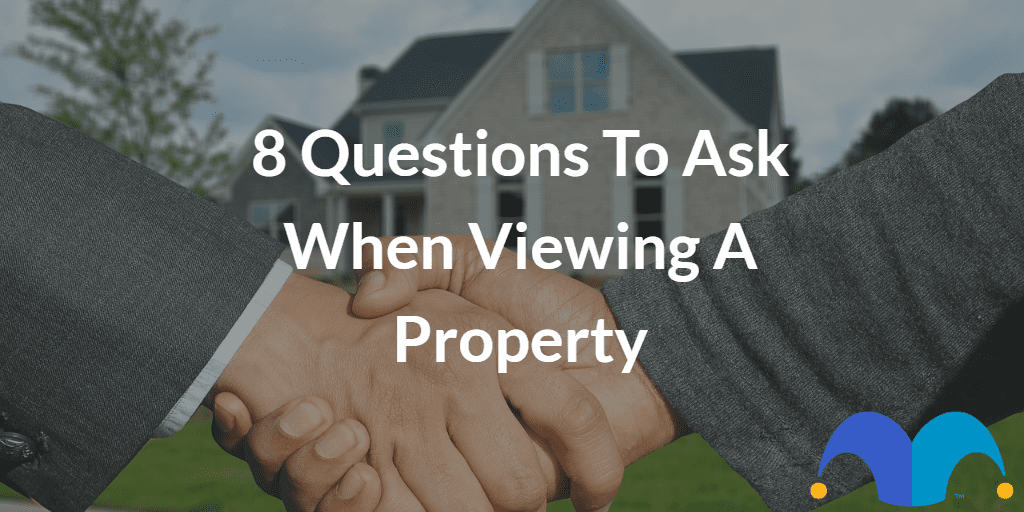Buying a home is an extremely exciting venture. But if you’re not familiar with what to look for in a property, it can be easy to miss some important details and information. However, there’s no need to worry. The experts at Online Mortgage Advisor have compiled a list of eight key questions to ask when viewing a property. Let’s take a look.
What questions should I ask when viewing a property for the first time?
1. How long has it been on the market?
If a house has been on the market for more than four months, don’t be afraid to question why. There could be underlying problems that other buyers have spotted and that you haven’t. Or the house could simply be overpriced.
2. When do the sellers want to move out? Are they part of a chain?
If the sellers are caught in a chain, it could drag out your moving process by as much as 12 weeks, if not longer, in the current climate. If they are not in a chain, you might only have to wait for as few as four weeks.
3. Which way does the property face?
At the end of the day, we all want a property with a garden that gets plenty of sun during the day. Ask the agent if the property has a garden that is south-facing, as you will then be able to enjoy a maximum amount of sunlight.
4. Is the property listed? If so, what grade is it?
While listed properties can be very attractive, they are often a nightmare when it comes to repairs and improvements. If you come across a listed property that you believe requires some work, it may be best to pass on it if you are short on time or money.
However, if the property is too beautiful to pass up, expect to wait eight weeks when applying for Listed Building Consent. If the work is truly urgent, try speaking with your local council’s Planning Services Department.
5. What are the neighbours like?
Troublesome or noisy neighbours can make your life a misery. So don’t hesitate to ask the seller what your potential neighbours are like.
If the seller of the house has raised a complaint about neighbours in the past, you will be able to find this out. It’s a legal requirement for the seller to disclose any disputes with neighbours at the start of the conveyancing process.
6. What’s the surrounding area like?
What are the schools like? Is this a safe area to live in? How good are the transport links? These are great questions to ask when viewing a property. They can help you determine whether this is an area that you could comfortably live in.
7. How much does it cost to run the property?
Find out about council tax bands, utility costs and other general costs of the property. This will help you budget properly and let you know whether the home is financially viable for you.
8. Is the seller open to offers?
Unless your estate agents inform you that the seller is only accepting the asking price, it does not hurt to make a low-ball offer. But make sure you don’t go more than 25% below the asking price. Otherwise, the seller might not take you seriously and could ignore any improved offers.
What else do I need to know?
Keep in mind that you can confirm the validity of some of the answers to these questions when viewing a property by doing some research yourself. Spending at least 20-30 minutes checking out the outside and walking around, for example, can give you a good sense of the place, including how the neighbours are.
Experts also advise viewing a property both during the day and in the evening to get a sense of how things like lights, traffic and the surrounding environment change. So, if you first view a property in daylight, ensure that you also view it in the evening and vice versa.
For more useful tips on buying a home, head over to our homes and mortgages section.
